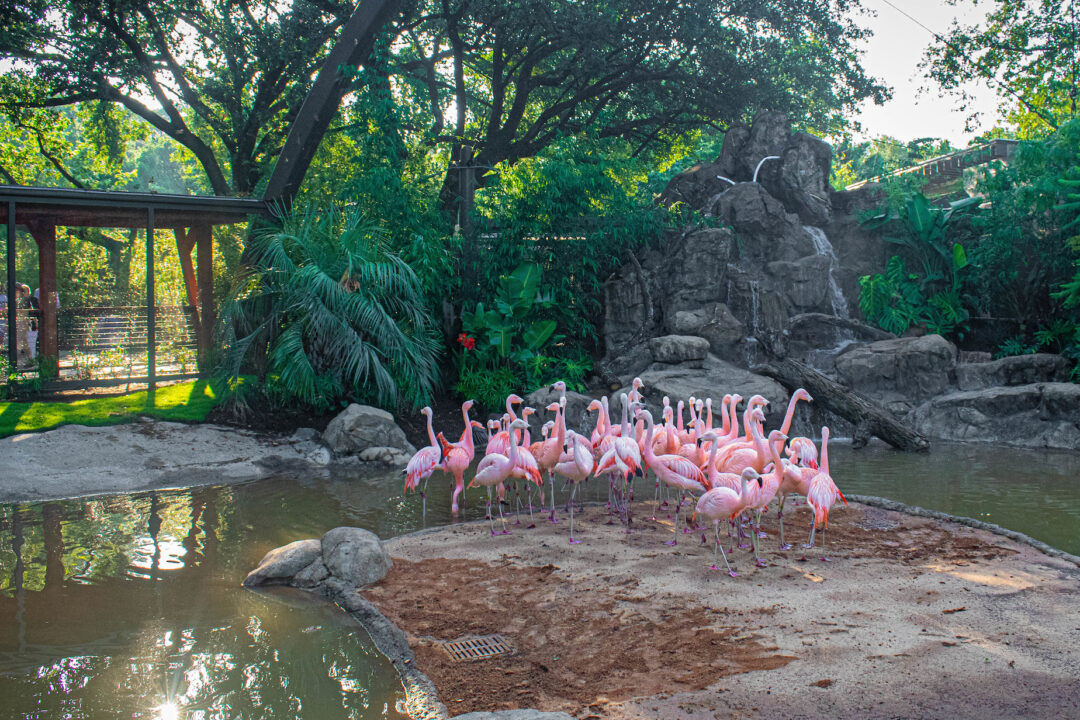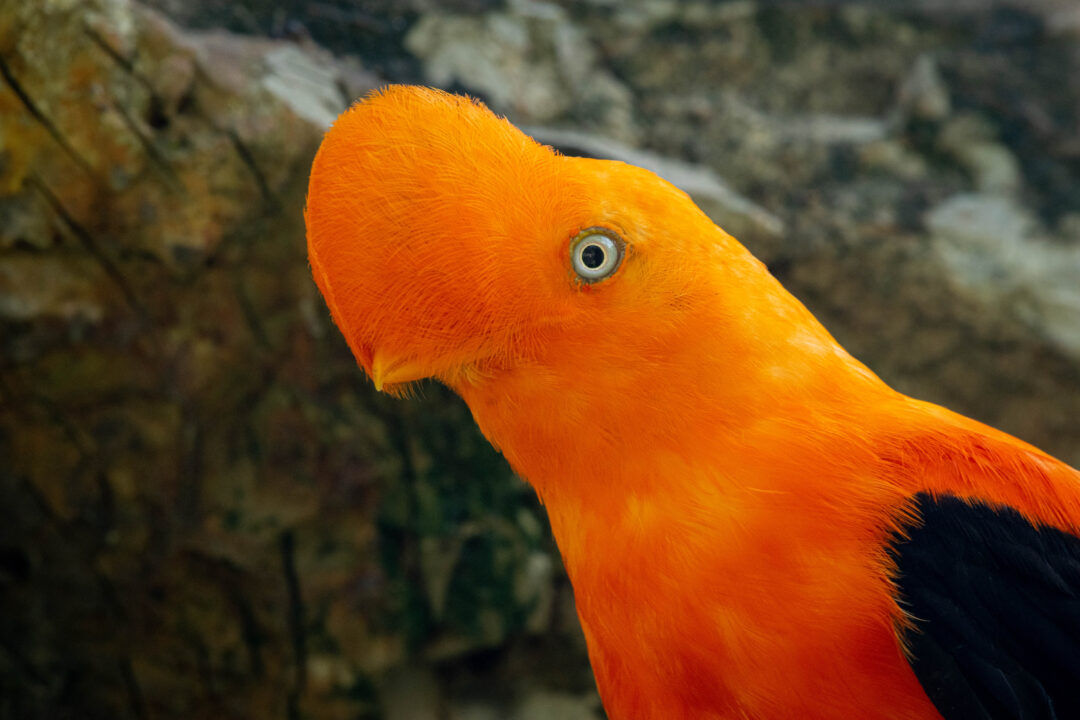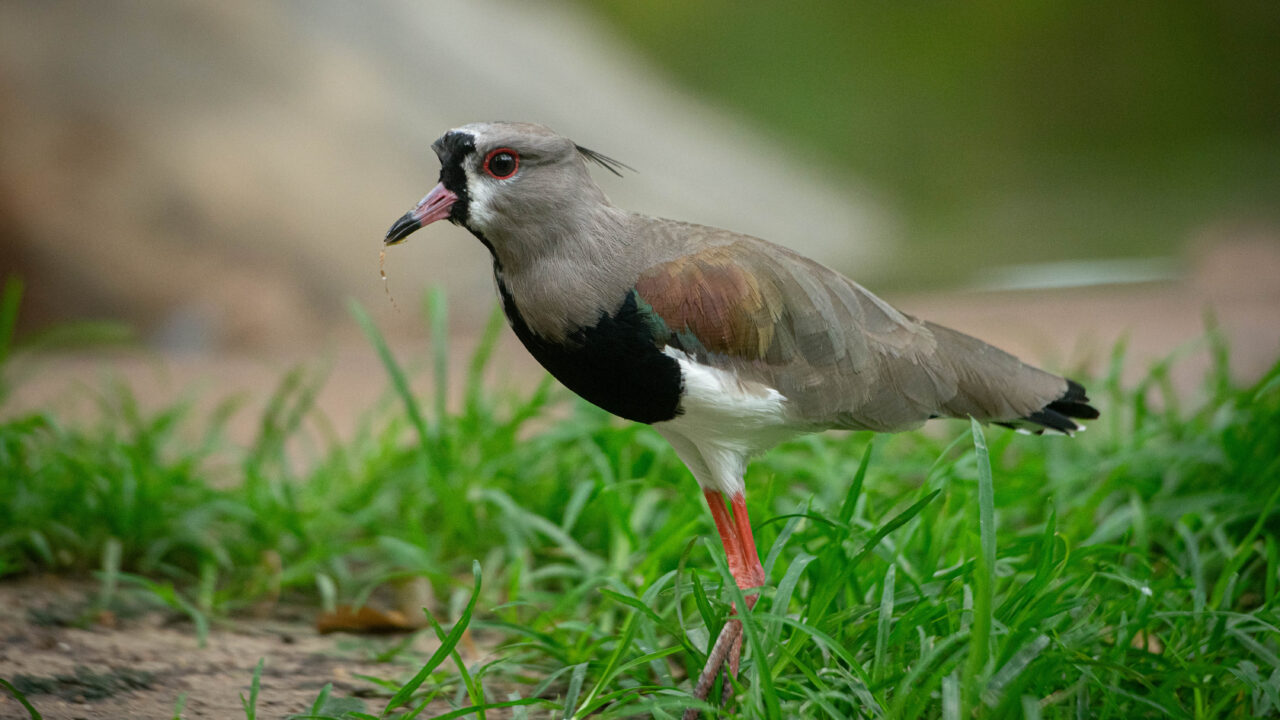
Saving Wild Birds
In celebration of Houston Zoo opening our Birds of the World exhibit on Labor Day weekend, we’re kicking off Bird Saving Summer! This summer-long initiative will highlight how Houston Zoo is saving birds in the wild, including wildlife-saving actions, livestream features, and more.
By visiting Birds of the Worlds this fall, guests will learn how to protect wild birds. Birds from all over the world travel through Houston during their migration. Houston is on an international route for migrating birds. A billion birds fly through our night skies each season.
Houston Zoo helps save birds locally and internationally. Native birds are protected by law, when rescued from the illegal pet trade, they need a safe place to stay. The Houston Zoo partners with U.S. Fish and Wildlife to house these birds. The Zoo also cares for birds that have been injured and cannot be returned to the wild.

Wildlife-Saving Tips
Check out a few of our tips for how you can help save birds this summer!
- Create wildlife-friendly spaces: Planting native plants for birds and other pollinators in your backyard or patio provides an important food source for them while helping the environment.
- Buy Bird Friendly coffee: The coffee we serve at the Zoo is Bird Friendly® certified, which means the coffee farmer grows shade-grown coffee to preserve the habitats of birds and other animals in the wild. Choose to buy Bird Friendly coffee!
- Turn off your lights: Help save migratory birds by dimming non-essential lighting and closing blinds in your homes and businesses between 11 p.m. to 6 a.m. Bright lights can cause confusion and collision with windows.
- Reduce single-use plastics: You can help keep our oceans clean by reducing your single-use plastics (bags, bottles, straws, disposable utensils) to help save shore birds along the coast. Birds can mistake plastics for food and it can be harmful to them.





